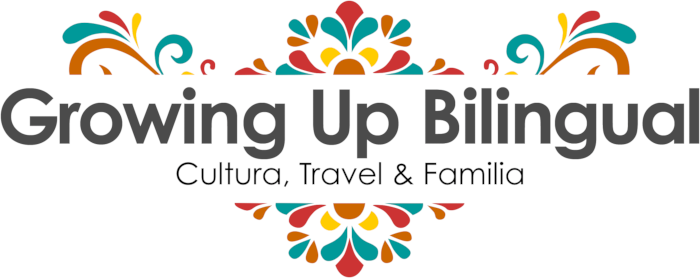When I travel back home every year with my kids, one of the first things we do is connect to public Wi-Fi in Guatemala. At Aeropuerto La Aurora while waiting for our bags, at a café in Antigua Guatemala while enjoying a cappuccino, or at a hotel by Lake Atitlán, Wi-Fi helps us stay connected with family and keep up with work and school. But I’ve learned the hard way that public Wi-Fi is not always safe. It’s convenient, yes, but it can also put your family’s personal information at risk.
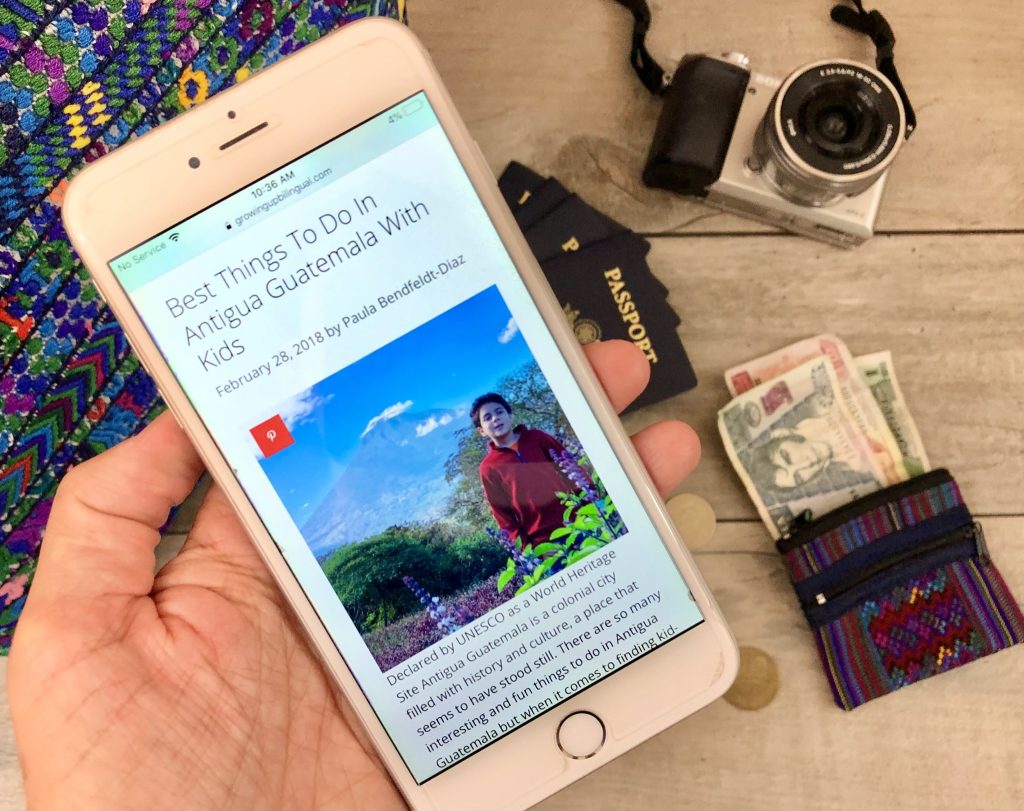
This isn’t just a Guatemala problem. Wherever you travel — whether it’s Mexico, Europe, or the U.S. — public Wi-Fi networks are often not secure. The difference is that when you’re abroad, you’re more likely to depend on them, especially in airports, hotels, and restaurants. That’s why I’ve made digital safety part of my family’s travel routine. And one of the simplest tools that has made a huge difference for us is a VPN like Planet VPN.
Why Public Wi-Fi in Guatemala Can Put You at Risk
The problem with public Wi-Fi is that it’s usually open and unprotected. That means anyone on the same network could potentially see what you’re doing online. Hackers can set up fake networks (sometimes called “spoofed Wi-Fi”) that look just like the real thing. Once you connect, they can steal your passwords, banking information, or even take control of your accounts.
In Guatemala, you’ll likely rely on Wi-Fi in a lot of places:
- Aeropuerto La Aurora Wi-Fi – Everyone connects here while waiting for flights. It’s a prime spot for hackers looking for easy targets.
- Hotels and Airbnbs in Antigua Guatemala – These may be charming and historic, but the Wi-Fi networks aren’t always updated or secure.
- Cafés and restaurants – Antigua and Guatemala City are full of wonderful cafés with free Wi-Fi, but those open networks can be risky.
- Tourist shuttles and buses – Some buses advertise free Wi-Fi between Guatemala City and tourist destinations. It sounds great, but the networks are often unprotected.
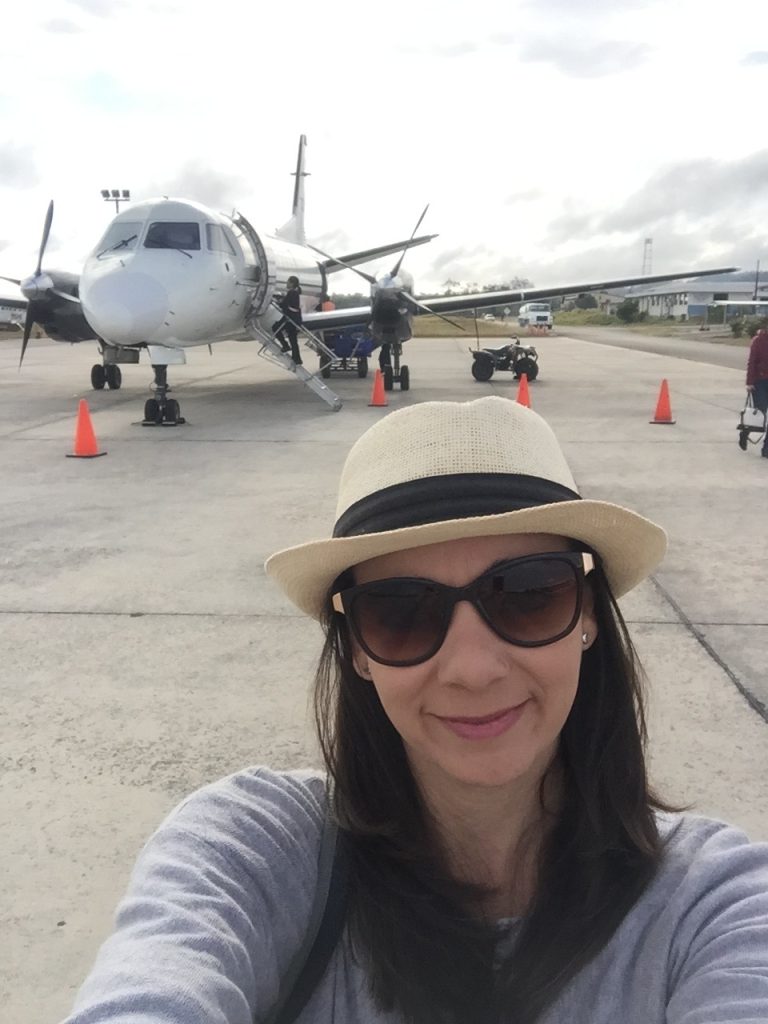
When you’re traveling with kids, the risks multiply. Teens might log into their social media accounts on café Wi-Fi without thinking twice, or younger kids might download apps and click on things they shouldn’t.
Real-Life Examples: How We’ve Faced These Risks
I remember a trip where my daughter was trying to upload photos to Instagram at a café in Antigua. She clicked on a pop-up that asked her to “re-login” to her account. Luckily, I caught it in time — it was a phishing attempt. On another trip, I tried logging into my U.S. bank account from our hotel near Lake Atitlán, and I kept getting errors. Later, I learned the connection was being blocked because the system flagged the Guatemalan IP address as suspicious.
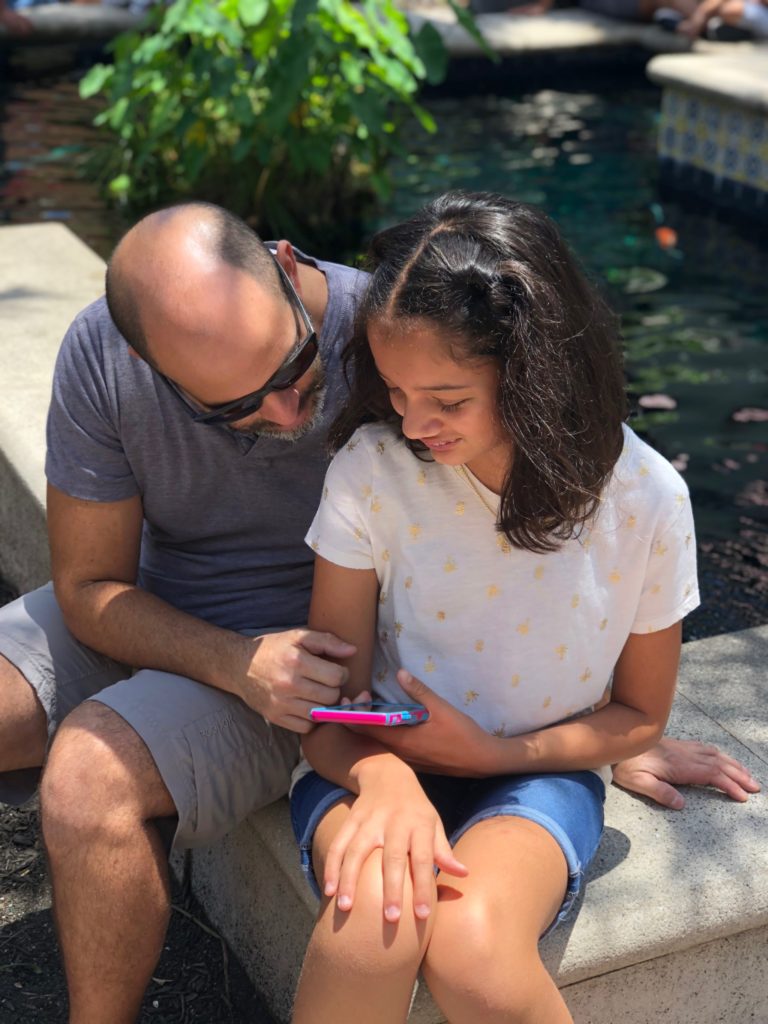
That’s when I started using a VPN every time we travel. When I use a VPN, my connection is secure and I can choose to appear as if I’m logging in from the U.S. — which makes online banking and bill payments so much smoother.
How to Protect Your Family’s Online Safety in Guatemala
The good news is, there are simple things you can do to stay safe online while still enjoying your trip. Here are some of the rules I follow with my kids when we visit Guatemala:
- Turn off auto-connect so your phone doesn’t join unknown networks without your permission.
- Avoid banking and shopping on public Wi-Fi unless you’re using extra protection (like a VPN).
- Teach your kids not to click on pop-ups or random login pages when connecting to Wi-Fi.
- Use two-factor authentication on important apps (like email or banking).
- Keep devices updated with the latest security patches.
- Set parental controls if your children will be using devices on public Wi-Fi.
It takes a little extra effort, but once it becomes routine, it’s second nature.
Why a VPN Makes Travel in Guatemala Safer and Easier
One of the simplest solutions for safe internet use when traveling is a VPN. A VPN (Virtual Private Network) creates a secure, encrypted “tunnel” for your data. Even if you connect to a risky network, your information stays private.
I use a VPN whenever I travel because it protects not just me, but my kids too. What I love is that it’s not only about safety — it also makes life easier:
-
Banking & bills – I can log into my U.S. bank accounts and pay bills securely from Guatemala, without worrying about my connection being blocked or intercepted.
-
Streaming for kids – My teens can access their favorite shows on Netflix and Disney+ as if we were still at home. This makes long waits at airports or downtime at hotels much easier.
-
Peace of mind – I don’t have to constantly remind my kids to avoid certain apps or websites when we’re on public Wi-Fi. The VPN protects them in the background.
Because it works on iOS and Android, every family member can install it on their devices. I tell my kids it’s like wearing a seatbelt — you might not think about it after a while, but it’s always keeping you safe.
Beyond Safety: The Practical Side of Using a VPN in Guatemala
For me, the biggest surprise was realizing that a VPN isn’t just about avoiding hackers. It also makes everyday life abroad smoother:
- Avoiding blocked sites – Some websites won’t load from Guatemala because of regional restrictions. With a VPN, I can access them like I’m at home.
- Consistent access – My work sometimes requires me to log into U.S.-based platforms. A VPN keeps those tools accessible without interruptions.
- More reliable connections – Some VPN servers even speed up browsing compared to slow or overcrowded hotel Wi-Fi.
Traveling with kids already has enough challenges — the last thing I want is to get locked out of my bank account or have my credit card flagged for “suspicious activity” just because I logged in from Antigua.
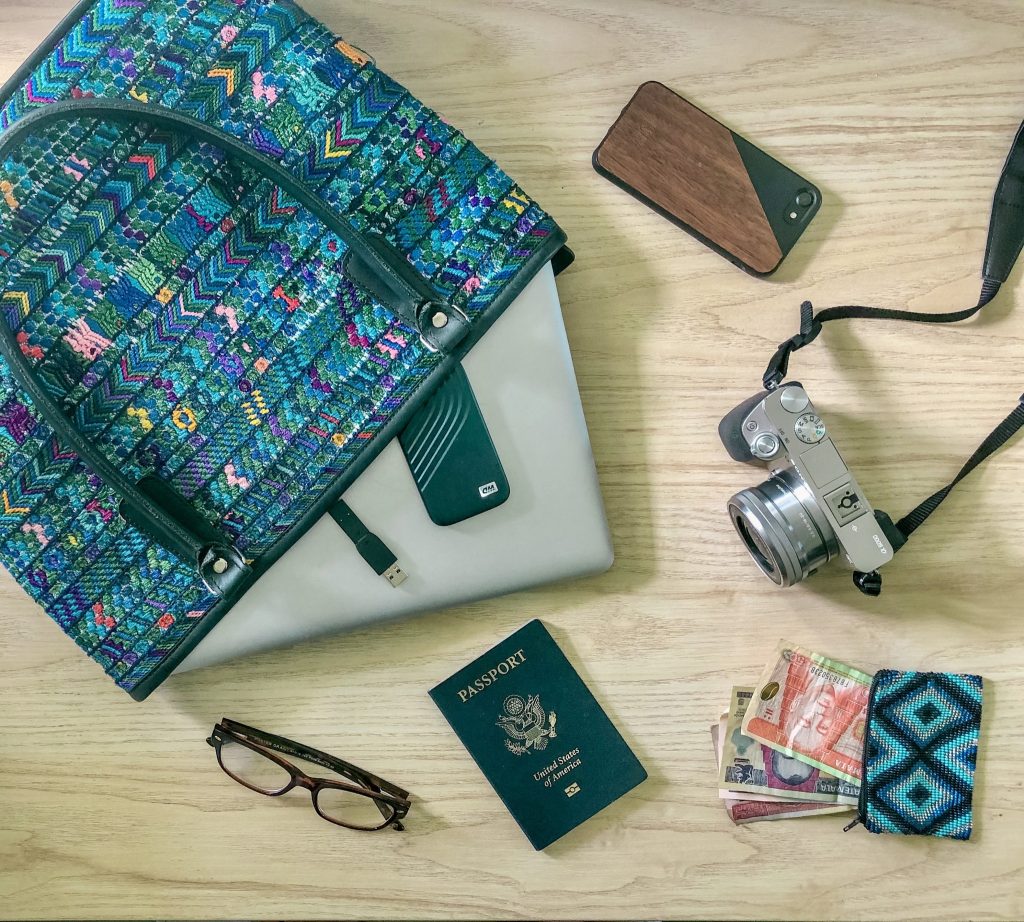
Final Tips for Digital Safety in Guatemala
Traveling with your family in Guatemala should be about enjoying the volcano views, colorful markets, and delicious food — not stressing about hackers. A few final things I always keep in mind:
- Don’t leave your devices unattended in public places.
- Back up important documents and family photos before your trip.
- Add a VPN to your travel checklist, just like you’d add travel insurance.
- Talk to your kids about safe internet habits before the trip.
Public Wi-Fi in Guatemala is convenient, but it can come with risks. Whether you’re connecting at Aeropuerto La Aurora, a hotel in Antigua Guatemala, or a café in Guatemala City, protecting your family’s digital safety is just as important as protecting your passports. For me, using a VPN like Planet VPN has become as essential as packing sunscreen or travel insurance. It keeps our information safe, makes it easier to bank and stream abroad, and lets me focus on what really matters — creating memories with my kids.
- Easy Guatemalan Flag Crafts for Kids - September 14, 2025
- Mayan Pyramid Craft for Kids: An Easy Guatemalan Pyramid Craft - September 14, 2025
- Great Wolf Lodge Naples With Teens: Best Thrill Rides, VR Fun, and Hangout Spots - September 8, 2025
